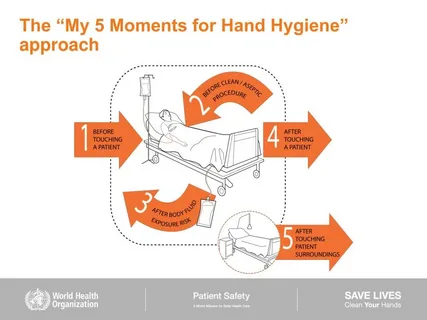Winches play a vital role in numerous industries, from construction and maritime to off-road recovery and industrial lifting. They provide the muscle to lift, pull, or position heavy loads with precision and control. However, like all mechanical equipment, winches are subject to wear and tear. As time goes by, their components degrade, and without proper maintenance or repair, this can lead to failure — potentially causing injury, equipment damage, or costly downtime.
In this blog post, we’ll explore why regular winch repairs are critical to ensuring both safety and optimal performance. Let’s dive in!
1. Preventing Mechanical Failures Before They Occur
One of the primary reasons for scheduling regular winch repairs is to prevent mechanical failures. Over time, components such as gears, cables, and motors undergo stress and can become damaged or misaligned. Without timely repairs, these small issues can escalate into significant problems, leading to equipment breakdowns at the worst possible times.
Routine inspections and repairs help identify and resolve these issues early, preventing unexpected downtime. This proactive approach minimizes operational disruptions and extends the life of the winch. Consistent upkeep also guarantees that the equipment performs reliably when it’s needed most, lessening the risk of failure in critical situations.
2. Improving Operator Safety on the Job
Winches are powerful machines, and when something goes wrong, the consequences can be severe. A snapped cable or a failed brake system can lead to serious injuries or even fatalities. Regular winch repairs are essential for maintaining the safety features that protect operators during use.
By keeping all components in working order — particularly safety-related systems like emergency stops, limit switches, and load indicators — employers reduce the likelihood of accidents. A winch that is routinely repaired and maintained is far less likely to pose a hazard. Safety is not just a regulatory requirement; it’s a moral and operational imperative, and proper winch maintenance plays a direct role in fulfilling that obligation.
3. Enhancing Equipment Performance in the Field
Performance matters when it comes to heavy-duty equipment. A poorly functioning winch can compromise efficiency, increase fuel or energy consumption, and delay project timelines. Regular repairs ensure that the winch operates at optimal performance levels, pulling loads smoothly and responding quickly to control inputs.
This is particularly important in demanding environments where precision and reliability are key. Whether hoisting materials on a construction site or recovering a vehicle from a remote trail, a well-maintained winch performs its job efficiently, decreasing strain on other equipment and personnel.
4. Reducing Long-Term Operational Costs
Many organizations delay winch repairs to save on short-term costs, but this often leads to more expensive issues down the line. Small repairs left unattended can result in major component failures, necessitating costly replacements or complete overhauls. Regular maintenance and timely repairs are a much more cost-effective solution in the long run.
In addition to lowering repair costs, maintaining a well-functioning winch can improve fuel efficiency and reduce labor time, contributing to overall savings. Businesses that prioritize regular maintenance often find they experience fewer emergencies and unexpected expenses, giving them better control over their budgets and schedules.
5. Complying With Industry Standards and Regulations
Most industries have strict safety standards and operational guidelines regarding the use of mechanical equipment. Winches are often subject to regulatory inspections and certifications, especially in sectors like mining, shipping, and construction. Regular repairs and documented maintenance help guarantee compliance with these standards.
Failing to meet industry requirements can result in fines, legal liabilities, or shutdowns. By staying ahead with a scheduled maintenance and repair program, companies can avoid these penalties and demonstrate their commitment to safety and professionalism.
Winches are indispensable tools, but their reliability and safety depend heavily on regular maintenance and timely repairs. From preventing mechanical failure to enhancing performance and ensuring regulatory compliance, the benefits of a well-maintained winch are clear. Investing in regular repairs not only protects equipment but also safeguards people and operations. For any business or individual relying on winches, keeping them in peak condition isn’t optional; it’s essential.










